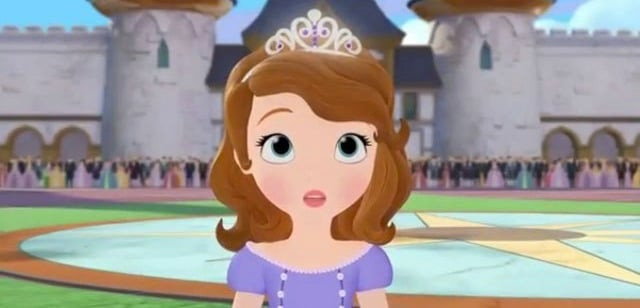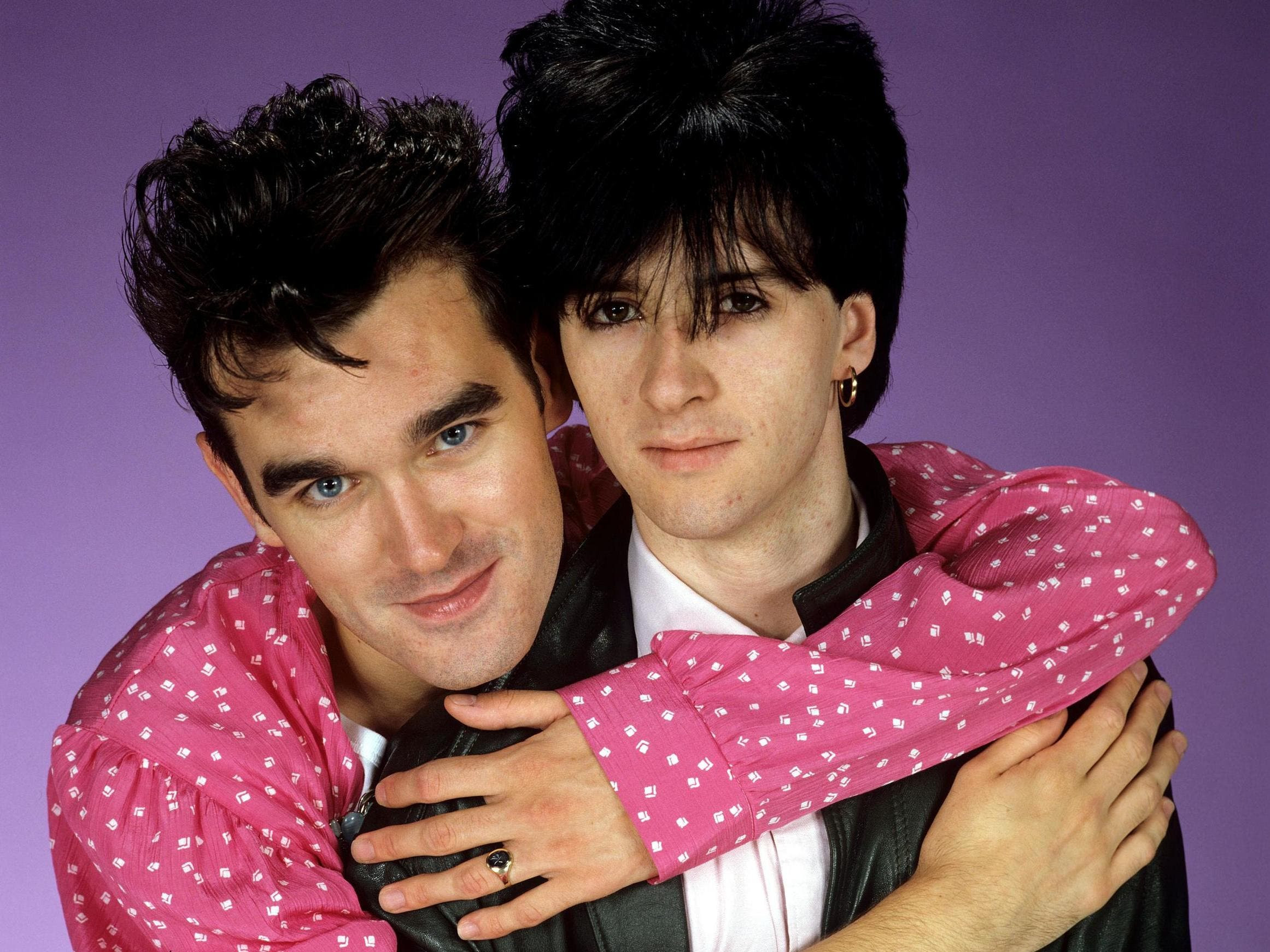Disney has reversed course on a wrongful death lawsuit brought by the widower of a woman who died after eating at a resort restaurant, saying the matter can now proceed to court. The entertainment company had faced a backlash after claiming that a man whose wife died after an allergic reaction to food at Disney World had waived his right to sue when he signed up for Disney+. The company's initial stance, which relied on the fine print of a 2019 Disney+ free trial agreement, drew swift criticism, prompting Disney to backtrack and allow the case to move forward in court.
The lawsuit, filed in February by Jeffrey Piccolo, the husband of a 42-year-old woman who died last year due to an allergic reaction that occurred after eating at a restaurant in the Disney Springs shopping complex in Orlando, gained widespread media attention after Piccolo’s legal team challenged Disney’s motion to dismiss the case, arguing that a forced arbitration agreement Piccolo signed was effectively invisible.
The case centers around the death of Kanokporn Tangsuan, a family medicine specialist who lived on Long Island, and was severely allergic to nuts and dairy. She died in October after eating dishes her server assured her were allergen-free, according to a lawsuit filed by her husband against Walt Disney Parks and Resorts. Disney's initial response, using the 2019 Disney+ trial agreement to claim it could move the case into arbitration, ignited public outrage, prompting the company to re-evaluate its position.
Disney’s argument was that Piccolo had allegedly entered into a subscriber agreement when signing up for a Disney+ trial years ago – which requires users to arbitrate all disputes with the company. In a statement sent to CNN on Monday, Josh D’Amaro, the chairman of Disney Experiences, said the company was waiving its right to arbitration. “At Disney, we strive to put humanity above all other considerations. With such unique circumstances as the ones in this case, we believe this situation warrants a sensitive approach to expedite a resolution for the family who have experienced such a painful loss,” he said in the statement. “As such, we’ve decided to waive our right to arbitration and have the matter proceed in court.”
Piccolo’s lawyer Brian Denney said that though Disney had withdrawn its motion to arbitrate, those legal clauses still exist across Disney’s platforms, including on its streaming services and park entrance tickets – posing a similar legal risk for other people in Piccolo’s position. “Attempts by corporations like Disney to avoid jury trials should be looked at with skepticism,” he said, calling jury trials a “bedrock of our judicial system.” Piccolo will now continue pursuing the case in court, he said.
The case highlights the complexities of arbitration clauses, which are often embedded in online terms of service agreements, and can limit consumer rights. While Disney initially attempted to leverage these clauses to its advantage, the public outcry and the potential for negative publicity forced the company to reconsider its stance. This case serves as a reminder of the need for greater transparency and awareness around arbitration clauses, as they can have significant legal implications for consumers who may not be fully aware of their rights.
A Closer Look at the Case
The Allegations
Jeffrey Piccolo, the plaintiff in the case, alleges that his wife, Kanokporn Tangsuan, suffered a fatal allergic reaction from a meal she ate at a park restaurant in 2023. Piccolo claims that he and his wife informed the restaurant staff about her severe allergies, and were assured that their food would be prepared safely. However, Tangsuan later suffered a severe allergic reaction and passed away. This event led Piccolo to file a wrongful death lawsuit against Disney.
Disney's Initial Argument
In an attempt to dismiss the lawsuit, Disney argued that Piccolo had agreed to arbitrate all disputes with the company when he signed up for a free trial of Disney+ in 2019. The company also pointed out that Piccolo had used the Walt Disney Parks website to buy Epcot Center tickets, which they claimed also contained an arbitration clause. Disney’s argument was based on the assumption that these agreements would legally obligate Piccolo to settle the lawsuit through arbitration, rather than in court.
Disney's Reversal
After facing widespread public backlash and criticism for attempting to force arbitration in a case involving a grieving widow, Disney reversed its course. The company acknowledged the sensitive nature of the case and the emotional toll it has taken on Piccolo. They stated that their intention was to expedite a resolution for the family, and therefore chose to waive their right to arbitration.
The Implications of This Case
Arbitration Clauses in the Spotlight
This case has brought attention to the use of arbitration clauses in online agreements and their potential to restrict consumer rights. Many companies include these clauses in their terms of service, which consumers often agree to without fully understanding their implications. These clauses can prevent individuals from taking their legal disputes to court and instead force them to settle them through private arbitration.
Concerns About Fairness
Critics of arbitration clauses argue that they often favor large corporations and disadvantage consumers. They point out that the process can be less transparent and that it may not offer the same level of protection as a traditional court system. This case highlights the need for greater awareness and scrutiny around these clauses, as well as a review of their fairness and transparency.
Looking Ahead
The outcome of this case remains to be seen, but it has already had a significant impact on the public discourse surrounding arbitration clauses. This case could potentially lead to changes in how these clauses are used, and could also encourage greater transparency and awareness among consumers about their rights. Ultimately, this case serves as a reminder of the importance of balancing corporate interests with consumer rights and ensuring that justice is served in a fair and transparent manner.
The Future of Arbitration Clauses
This case serves as a stark reminder of the often overlooked implications of arbitration clauses. While these clauses are common in various online agreements, their impact on consumer rights and the potential for unfairness deserve careful consideration. The debate surrounding arbitration clauses is likely to continue, with stakeholders advocating for greater transparency, fairness, and consumer protection. This case has undoubtedly contributed to this dialogue and raised awareness of the importance of navigating these clauses with a keen eye for one's rights.

















